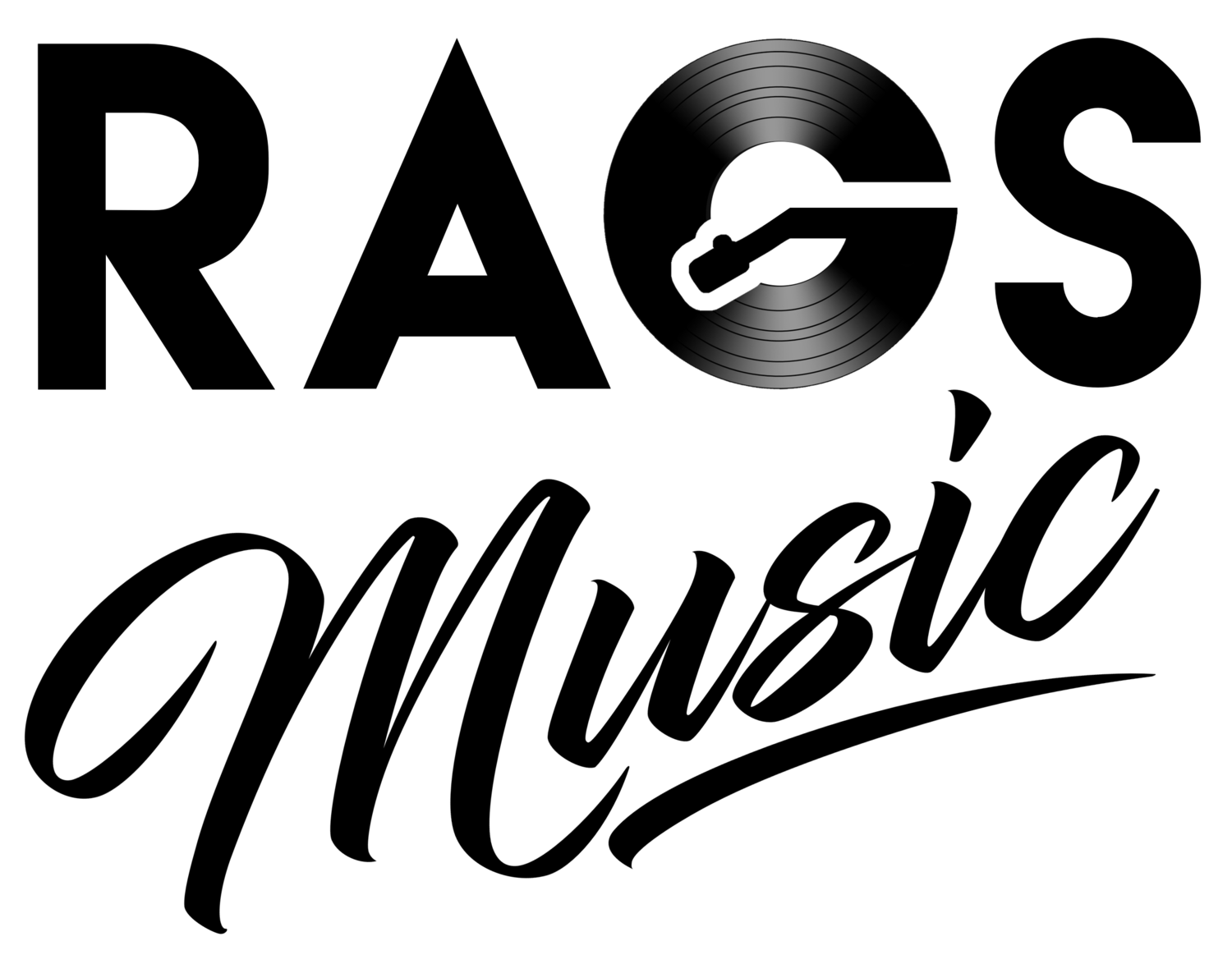Zeal & Ardor - Stranger Fruit (Review)
Zeal & Ardor – Stranger Fruit
The silence is broken by the steady sound of an axe chopping wood, soon joined by a single guitar and gospel-tinged harmonizing. “We all heard the stories/Bring you to your knees/Ain't no lord gonna help you now,” intones a ragged voice as more guitars and drums join, building to a momentary fury before falling silent again, except for that voice, that single guitar, and that unrelenting axe. So begins Stranger Fruit, the second LP by Zeal & Ardor, the brainchild of Manuel Gagneux, a thunderous blend of slave music and black metal.
And what a fusion it is. The album's title references Nina Simone's savage, sorrowful song about lynchings in the south, and here also we find songs about a people hounded and pursued. People forced onto ships, people murdered and mourning, the fear and tension are thick and palpable. The song “Row Row” speaks of someone losing their name “in salt and stone”, of being taken below, while “Gravedigger's Chant” begins with a burial, with the song's narrator asking for the dead man's shoes to be brought down to the sea shore, possibly the closest they can come to home.
These are not songs of mourning though. Like the introductory track, the looping rhythms of slave hymns give way to reveal a darker, angrier sound just beneath the surface. These are songs of a people turning away from the light of white Christianity, invoking something darker, something that promises vengeance, bought in blood and fire. “Now listen here, you can join us/Or you can die in the fire” says the song “Servants”; “Ship on Fire” begins with its narrator singing “I come in the breath of the dead/Bathing in my papa's blood/Bare-boned and covered in red” and ends with him promising “Nobody waiting on you/You better run son”.
Again: that axe. A steady, rhythmic sound, the sound of hard, thankless work, toiling under the sun. But also implicit in that sound is a threat, as the axe is both tool and weapon, ready to explode into an act of violence at a moment's notice, to be turned against the oppressor without warning. “You Ain't Coming Back” repeats the line, “Don't let anybody tell you that you're safe,” throughout. At first it seems to be spoken to caution a child or a friend, but as the song increases in intensity, the menace lying beneath the surface is revealed. “These are the eyes that saw them die/theses are the hands that dug their graves/don't let anybody tell you that you're safe.”
The introduction ends with a final stark thud, louder and more ominous than the rest. Vengeance is coming. (Independent)


